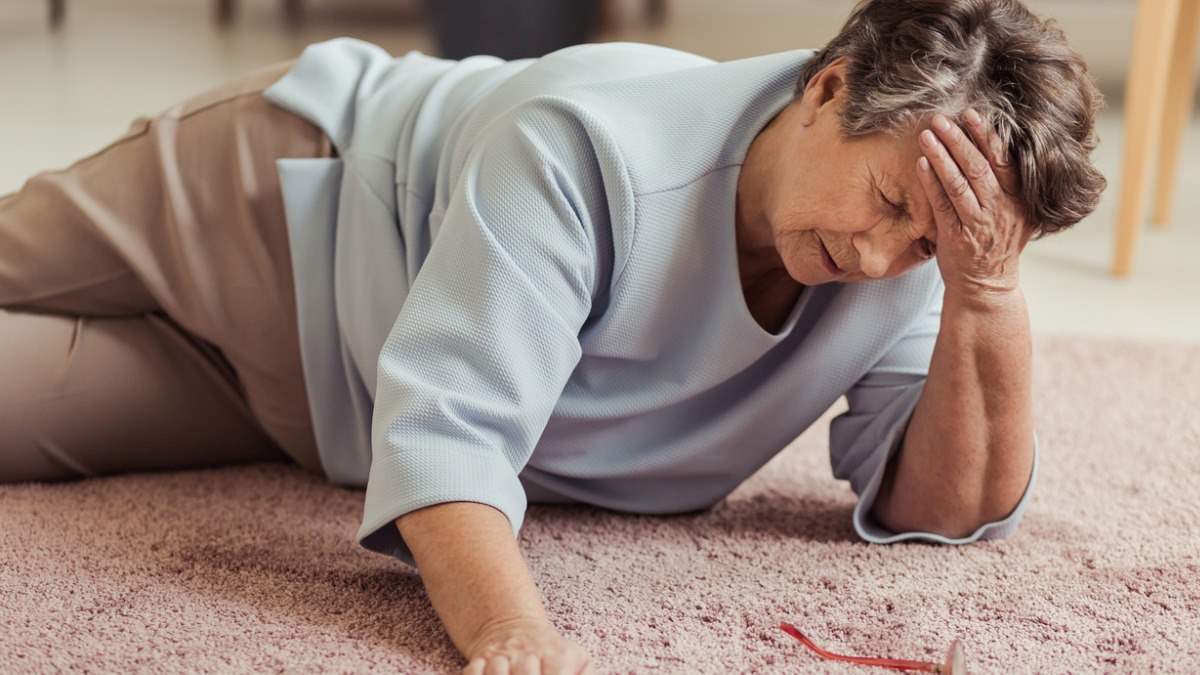
The Dangers Of Falls And How To Stay Safe
Millions of older adults suffer fall-related injuries every year, making it one of the biggest concerns for seniors aging in place. While falls may seem to happen to everyone, they’re not an inevitable part of aging. Understanding your fall risk and creating a fall prevention plan can significantly reduce your risk of falls and fall-related injuries.
The Impacts Of Falling
Falls are common among older adults and can lead to serious injuries. Nearly 3 million older adults yearly go to the emergency room for a fall-related injury. Some of the injuries are minor, such as bruising, that require minimal treatment. However, of the 3 million seniors whom doctors treat, 800,000 receive treatment for more severe conditions such as concussions and fractures.
Signs Of A Concussion
A concussion is a type of brain injury that comes after physical trauma to the head. It often happens to seniors if they hit their head on the floor or a counter during their fall. While many concussions are non-life-threatening, you should always take brain injuries seriously and have them examined immediately by a medical professional.
Concussions don’t always have immediate signs after an incident. Often, people say they don’t feel right or feel off after a fall but can’t pinpoint what’s wrong. In the minutes or hours after a fall, you may experience a headache, nausea, dizziness, confusion, or trouble concentrating, all of which are signs of a concussion.
Signs Of A Fracture
A bone fracture can be either a partial or a complete break of any bone in the body. Common fractures that may occur after a fall are to the hip, wrist, shoulder, arm, knee, and ankle. Fractures are fairly easy to identify, often with pain, swelling, bruising, and changes in physical appearance to the surrounding area.
If you think something is fractured, limit movement and avoid putting weight on the injured area. Fractures do not heal on their own and require medical treatment. If you’re injured in a fall, call 911 for medical assistance.
What Are The Risks Of Falling
Many seniors have a high risk of falling, which increases with age. One of the primary reasons seniors have a high risk of falling is the decreased balance and mobility that often comes with age. Some seniors may have arthritis or other conditions that reduce their range of motion or lead to slower reaction times, making them more susceptible to falls. Other risk factors include medication reactions, visibility changes, or decreased muscle strength.
How To Reduce Your Fall Risk
While common, falls should not be an inevitable part of aging. Knowing your risk and taking small precautions can dramatically reduce your risk of falling so you can continue living safely and confidently.
- Exercise: Incorporating 20 to 30 minutes of physical activity into your routine at least three days a week can help to improve muscle strength, balance, coordination, and mobility.
- Mobility assistance: If you have mobility limitations, make sure you’re using a mobility assistance tool, like a cane or a walker, even for short distances.
- Sturdy shoes: You want sturdy footwear that supports your feet while you walk. Sturdy shoes have a secure back and fit properly, so they won’t fall off or move around your foot while you walk. Try to avoid slip-ons, even as houseshoes.
- Fall-proof your home: Keep your hallways and walkways clear of any clutter you could trip on. Also, ensure rugs and floor mats are securely fastened to the floor and don’t move when you walk on them.
Fall Prevention With Visiting Angels
One of our primary goals for our clients at Visiting Angels is to help them keep their independence, part of which means reducing fall risks for seniors. Our professional caregivers can help evaluate fall risks within the home and assist seniors with fall prevention activities. In the unfortunate event of a fall, our caregivers provide emotional and physical support to reduce the fear of falling and help clients return to living safely and confidently at home.
Seniors living in Portage, Ohio, and the surrounding communities who want to learn more about fall prevention and how at-home caregiving can help can contact our office to schedule a complimentary consultation.
